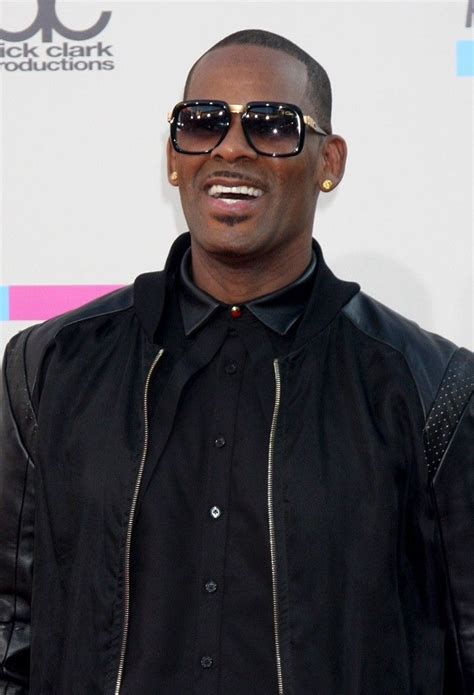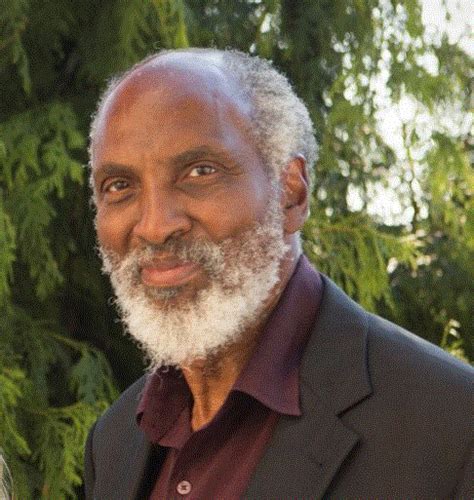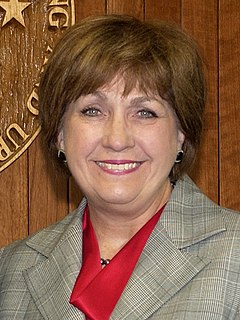A Quote by Darryl Pinckney
Economic justice is not just something blacks are crying out for; whites are desperate for it, too. But in the public imagination, the face of poverty is black. In all actuality, the face of poverty is white.
Related Quotes
For most Black people there is still poverty and desperation. The Ghettos still exist, and the proportion of Blacks in prison is still much greater than Whites. Today, there is less overt racism, but the economic injustices create an "institutional racism" which exists even while more Blacks are in high places, such as Condoleeza Rice in Bush's Administration and Obama running for President.
We do not need to minimize the poverty of the ghetto or the suffering inflicted by whites on blacks in order to see that the increasingly dangerous and unpredictable conditions of middle-class life have given rise to similar strategies for survival. Indeed the attraction of black culture for disaffected whites suggests that black culture now speaks to a general condition.
For complicated historical and political reasons, we associate 'poor' in our public consciousness with 'black.' Terms such as 'welfare queen' and 'culture of poverty' became associated uniquely with the social maladies of African Americans in urban ghettos, despite the fact that poor whites outnumbered poor blacks.
Since I have escaped the harshness of the economic bounds of poverty, I have stayed very connected to it spiritually. I reside and live and go and socialize and exist among those who suffer daily from the relationship that they have to poverty, Black men and women who are incarcerated. Actually, all people who are incarcerated, not just Black.
The snow drifted down and down, all in ghostly silence, and lay thick and unbroken on the ground. It was a place of whites and blacks and greys. White towers and white snow and white statues, black shadows and black trees, the dark grey sky above. A pure world, Sansa thought. I do not belong here. Yet she stepped out all the same.
I think that we need more economic-based solutions to the problems afflicting the Black community, and I think that that's a way to redefine affirmative action. I grew up with poor white people in West Virginia, and I know there's a culture of poverty. I know that I've seen white people perform exactly the same pathological forms of behavior as Black people do when they're systematically deprived, whether it's getting pregnant, doing drugs, dropping out of school, whatever we're talking about. I think that we should have affirmative action for poor white people too.
Chile has done a lot to rid itself of poverty, especially extreme poverty, since the return to democracy. But we still have a ways to go toward greater equity. This country does not have a neoliberal economic model anymore. We have put in place a lot of policies that will ensure that economic growth goes hand in hand with social justice.






































